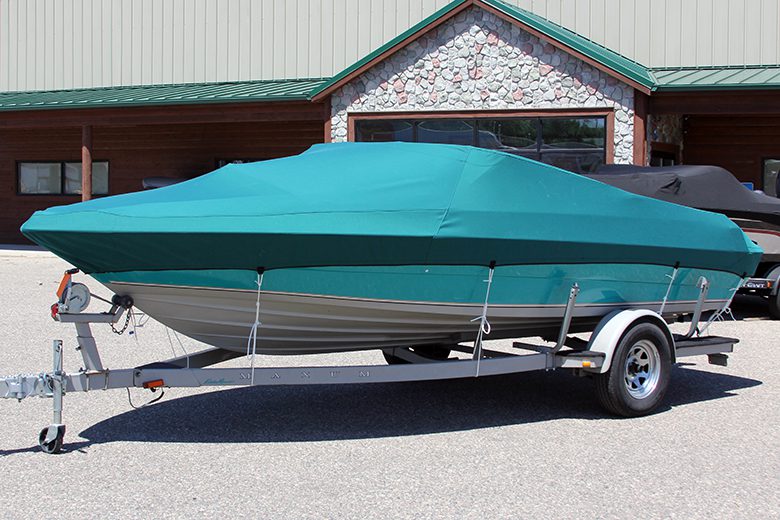When considering which type of propeller to use in your aircraft, one of the critical decisions you must make is whether to choose a fixed or free wheeling prop. Both have their own set of advantages and disadvantages, and the type of aircraft or application you have will determine which is best for you. In this article, we’ll discuss the various pros and cons of fixed vs. free wheeling props, as well as some things you should consider when making your decision.
What is a Fixed Propeller?
A fixed propeller is a type of propeller that is securely installed on the aircraft and is designed to remain in place. This type of propulsion system is directly connected to the engine and is designed to spin continuously at the speed necessary to propel the aircraft forward. Due to the design, fixed propellers are heavier than free wheeling propellers.
What is a Free Wheeling Propeller?
A free wheeling propeller is a type of propeller that is designed to disconnect from the engine when it is no longer needed. This type of prop is not permanently installed on the aircraft and instead is designed to rotate when the aircraft is in motion, but stops spinning when the engine is no longer used. This helps save fuel and reduces drag. Free wheeling propellers are lighter and simpler to install or remove as compared to fixed propellers.
Pros of Fixed Propellers
One of the primary advantages of a fixed propeller is that it works best when the engine operates at a constant rate. This is because the pitch of the blades is fixed and thus they provide the most efficient thrust. Additionally, lower speeds produce more thrust, making fixed propellers ideal for slower aircraft. They are sturdier than free wheeling propellers and can handle heavier loads and more severe weather conditions, making them ideal for larger aircraft.
Cons of Fixed Propellers
One of the major drawbacks of a fixed propeller is that they can create a large amount of drag, especially at high speeds, reducing efficiency and performance. Additionally, they are heavier and more complex to install and maintain, making them less suitable for smaller aircraft. Furthermore, they cannot be used during maneuvers requiring quick acceleration or deceleration.
Pros of Free Wheeling Propellers
One of the main advantages of free wheeling propellers is that they generate significantly less drag than fixed-pitch propellers. This comes with the added benefit of increased speed with less power, making them ideal for faster aircraft. Free wheeling propellers can also be manually adjusted to change the pitch in order to match the engine’s output, giving the aircraft more power when needed. Additionally, they are lighter and simpler to install or remove, making them suitable for smaller aircraft.
Cons of Free Wheeling Propellers
One of the biggest drawbacks of free wheeling propellers is that they need to be manually adjusted to change the pitch, which can be difficult and time consuming to do in the air. They are also not as sturdy as fixed propellers and can be damaged in severe weather conditions, as well as heavy loads. Additionally, they require the aircraft to be in motion in order to generate thrust, making them less suitable for slower aircraft.
Considerations when Choosing Between Fixed and Free Wheeling Props
When choosing between a fixed and free wheeling prop, there are several important factors that you should consider. For example, the size and weight of the aircraft will dictate which is more suitable; fixed props tend to be recommended for larger and heavier aircraft, whereas free wheeling props are more commonly used in smaller and lighter aircraft. Additionally, consider the speed and output of the engine; fixed propellers are often recommended for slower aircraft and engines with less output, whereas free wheeling props are better for faster aircraft and higher output engines. In addition, the environment you will be flying in should also be taken into account, as the weather and turbulence can have an effect on the performance and durability of each type of prop.
In conclusion, when choosing between a fixed and free wheeling prop, there are several important factors that need to be considered in order to make the best decision. Each type of prop has its own set of advantages and disadvantages, and the aircraft size, engine speed, and the type of environment the aircraft will be used in will all help determine which is best for your situation. Therefore, it is important to take the time to thoroughly research and consider all the factors before making your final decision.



